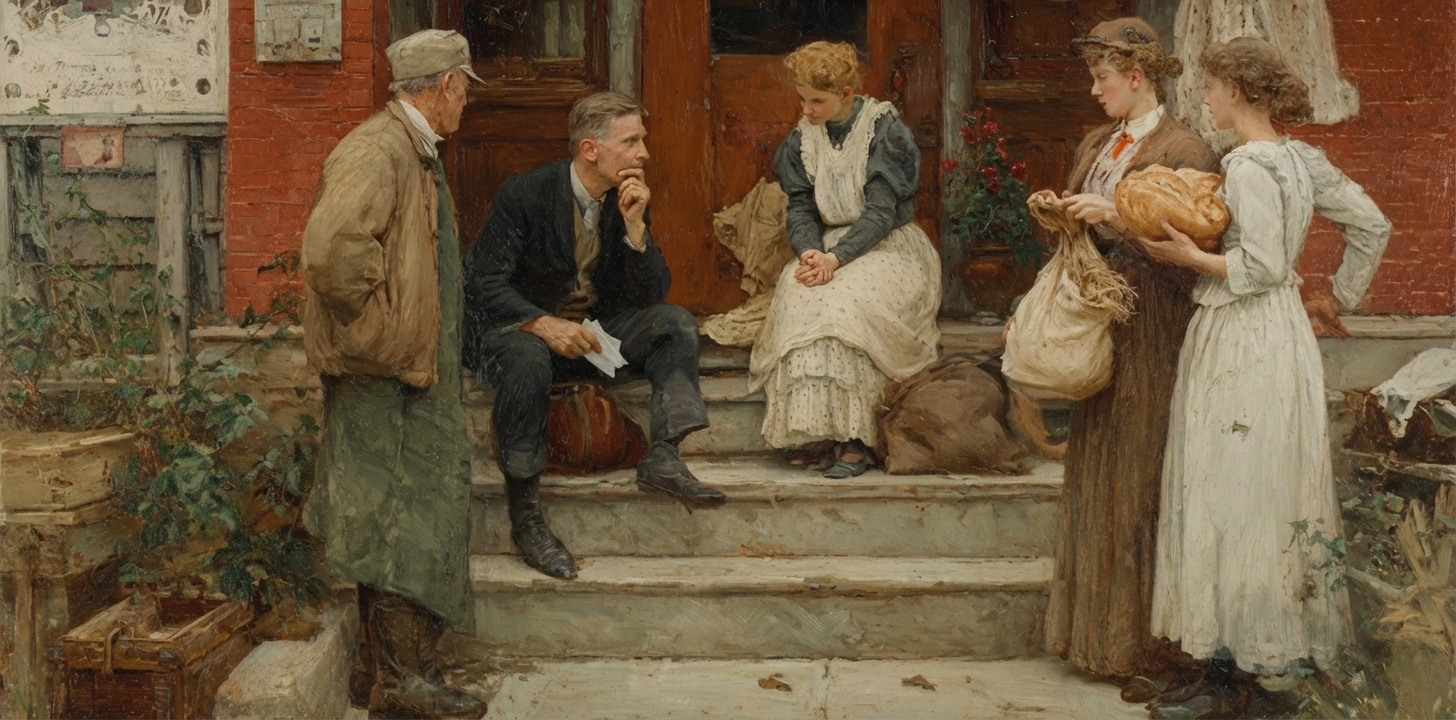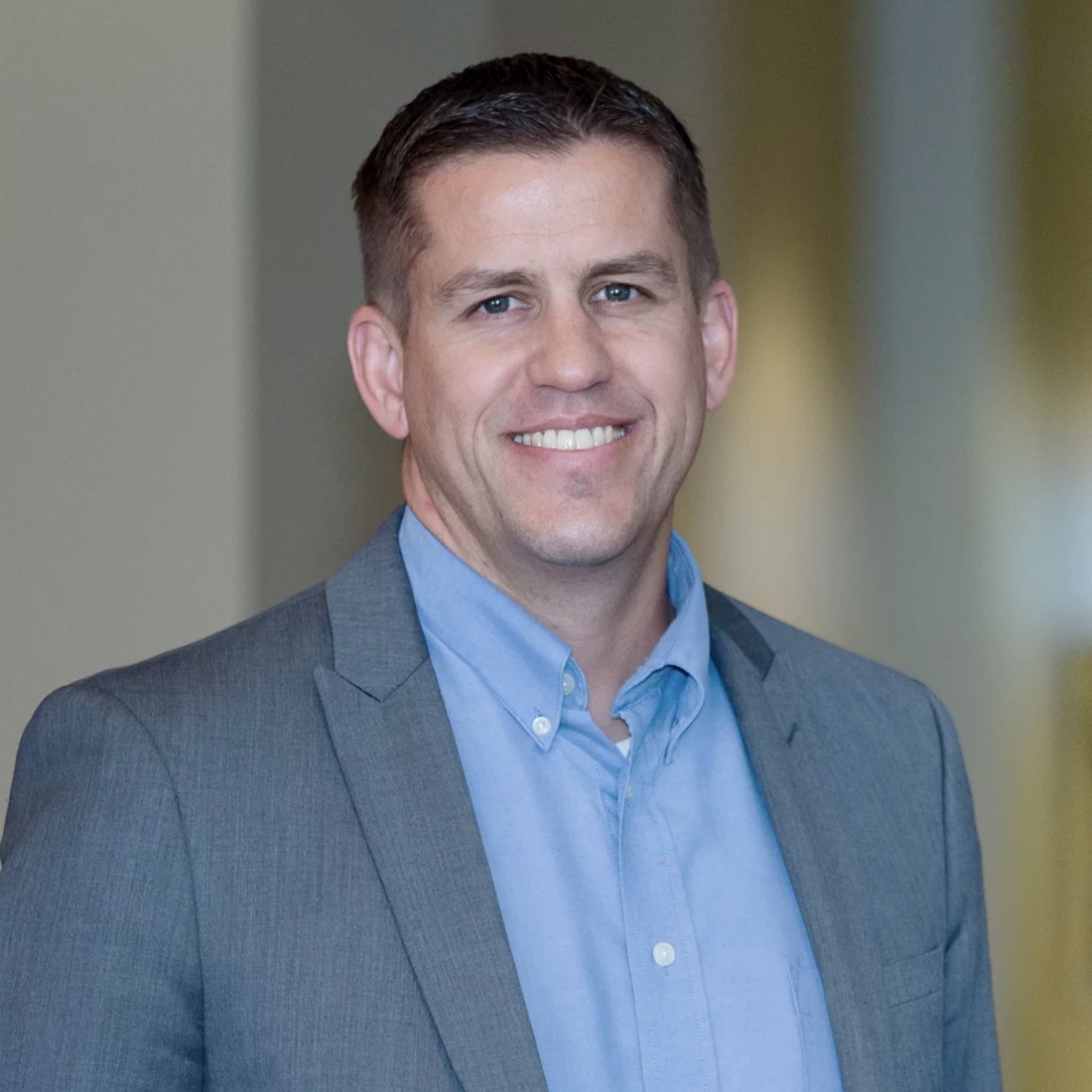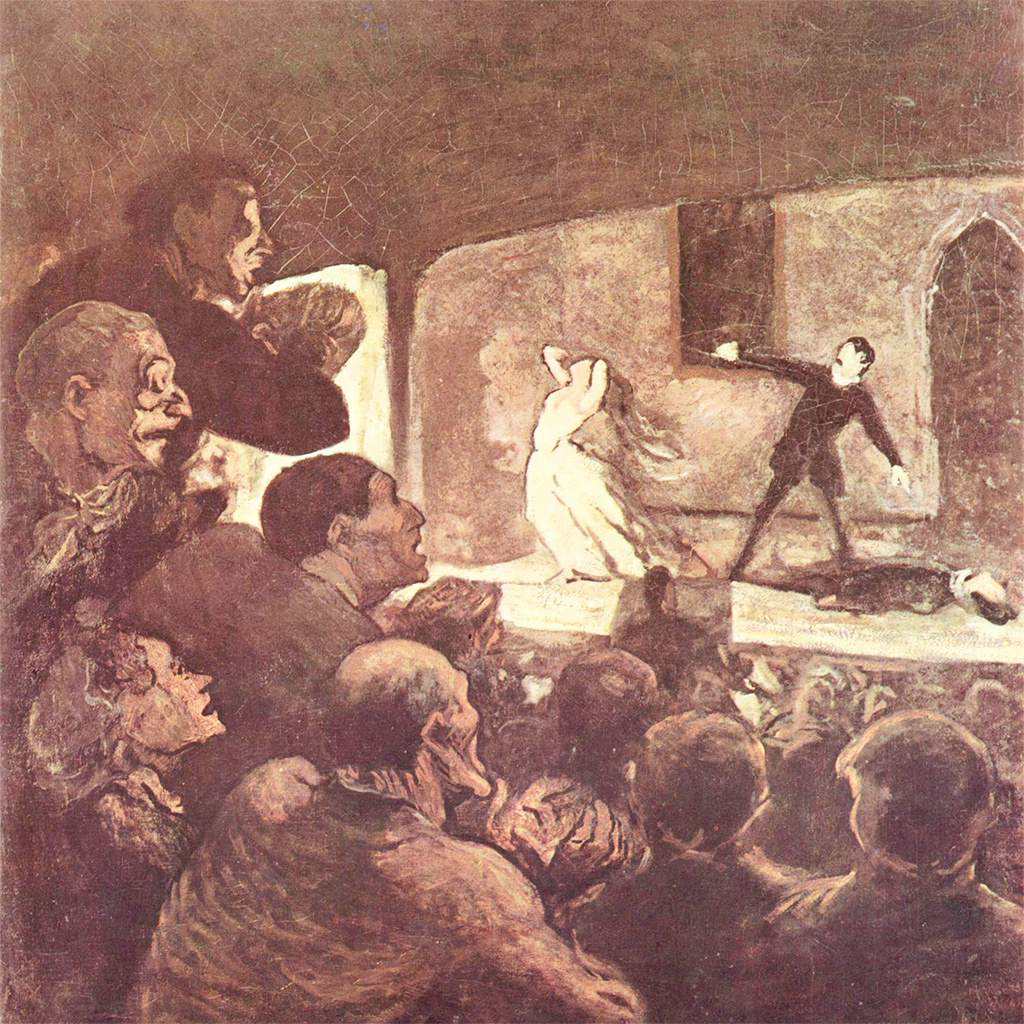Perhaps you have recently heard someone offer the pointed question: When have the good guys ever been in favor of banning books? It’s a wise observation and one that Latter-day Saints in particular should be open to. It was only because William Tyndale was willing to sacrifice his life that the Bible was available to the laity in English, a direct precursor to the founding of the Church of Jesus Christ itself.
But I think a careful look at the “book banning” controversy of today shows that it bears little resemblance to the controversies of the past.
The Borders of Book Banning
It’s not particularly difficult to recognize that most of us fall comfortably in the middle on questions of book banning. Very few believe government mandates should be in place to prohibit works with artistic, literary, or academic merit. We want these works to be freely produced, in an environment where authors know they can publish what they want in safety and that it will remain available to the public.
On the other hand, few of us believe that individuals should not be able to decide which books they keep in their own homes.
Our primary debate, then, centers not on the rights of individuals to avoid censorship or the rights of individuals to avoid materials, but rather on how we spend limited community resources. In the case of school libraries, those limited resources are money and space, and in the case of a required reading curriculum, the limited resource is time.
Who has the right to dictate our decisions over how to use those scarce resources of time and money and what criteria should they use?
When we talk about a book banning brouhaha in 21st century America, then, it should evoke the image of conversations at town halls and school board meetings, not the image of Nazi bonfires or Inquisition torture devices. Conflating WWI censorship with 21st-century curriculum disputes is a category error that can lead us to bad conclusions.
Bipartisan Book Banning
If you observe recent coverage of book banning, you’d think that the phenomenon is a uniquely conservative one. The Washington Post in their recent op-ed explicitly decries that those seeking book bans are “groups of mostly White conservatives” (sic). The New York Times’ coverage of the issue earlier this year similarly focused on conservative efforts to ban books.
That focus shouldn’t be surprising. Conservative civic engagement has been on the rise, and parental efforts to determine what books are used in school libraries and curricula have political support, especially in state legislatures, that hasn’t always existed.
But these reports also unfairly target conservatives for banning books, with hints they are somehow doing so on the basis of race or sexuality, when, in fact, the stated intention is most often sexually explicit materials.
Books found on required reading lists around the country have included extended sections comparing the sensations of dildos and penises, and which of these the main character preferred to be penetrated by. Other required (non-fiction) books have included sections about a man falling in love with his dog, and when the dog went into heat gathering canine semen, injecting it into his penis, and then impregnating his dog. If there are large crowds hoping to share the same perspective at school board meetings, perhaps the school board should interpret that as a democratic signal, rather than a bullying effort.
But this is hardly a conservative-only enterprise. Duluth, Minnesota’s local paper, recently covered a university group hoping to ban books in local schools that they find offensive for race-related reasons. Meanwhile, the New York Times recently covered a successful effort by left-wing critics to have a book on black feminism banned because of the race of the author, one that, significantly, they avoided calling a “book ban.”
A recent viral video showed high school students throwing out library books, describing their efforts as “decolonization” of the school’s library.
Meanwhile, more and more school librarians hope to ban many books from required reading lists, something that might be hard to believe with popular media coverage continuing to paint this as largely a right-wing parental phenomenon. But the suggestion of these librarians to ban books such as To Kill a Mockingbird, The Great Gatsby, and Shakespeare plays are no less “banning books” than parents who suggest the same—except that librarians are already integrated into the decision-making apparatus, while parents are often excluded from these conversations. But why should librarians’ voices carry more weight and be respected more than the parents of children themselves?
Before the Book Banning
This entire conversation sidesteps the important question of how books come to be in school libraries and required reading lists in the first place, and what the standards used to get them there are. According to the IFLA Code of Ethics: “Librarians and other information workers have the right to free speech in the workplace provided it does not infringe the principle of neutrality towards users.” While this principle of neutrality may be an important ideal, it may be difficult to accomplish in practice. Donations from the American Library Association’s employees during the 2020 political cycle went to Democratic candidates and organizations 100% of the time. And in 2016 among all librarians, donations went to the Democratic presidential candidate by a 419:1 ratio.
A composition instructor who works for a major publicly funded research institution, who agreed to speak with me anonymously because of fears about employment repercussions, said that local librarians they had spoken to refused to purchase conservative children’s books because the librarians believed they weren’t of high enough quality to warrant inclusion.
The instructor went on to ask, “Is it banning, if the books never get on the library shelves? Or only once they are on, and then, only if the librarians resist the request to remove them?”
If librarians systemically tend toward liberal world views, we should expect to see a bias in which books are selected and which books are deemed to be of too low of quality. And consequently, we should expect those parents with conservative world views to speak out at higher rates.
Placing the burden on those who are excluded and disempowered in the initial book selection process to simply accept the status quo or be unfairly labeled a “book banner” is deeply problematic.
Book Banning Band-Aids
How to spend limited resources is one often used definition for the word “politics.” So it shouldn’t surprise us that with limited slots for books, and increasing polarization, selecting books for our community schools would become political.
Fortunately, in 93% of cases at least, there remains a solution: Democratically elected school boards. School boards should help community schools reflect their local communities because they are elected by and represent the values of that community.
Yes, we can expect disagreements about which books our schools spend their limited resources on, and school boards should be able to effectively navigate those disputes.
One Tennessee district could have been a positive example of this. Two local mom groups formed at about the same time each with concerns about the school’s required readings. One of the groups, One Willco, hoped to change the readings to better address racism. The other group, Moms for Liberty, formed because they worried the second-grade required readings were already too activist on issues of race. This could have been an opportunity for the community to work with the school board, but instead the group with concerns that the curriculum was already too activist was accused of “bullying our school board” because of the overwhelming support they received at school board meetings.
I think I’d be inclined to support the position of One Willco in this instance. Moms for Liberty’s concerns about books on Ruby Bridges feel too sensitive and overwrought. But I don’t live in their school district. I shouldn’t have a say. And those who live in that school district and disagree with me have every right to their opinion and to be heard by a democratically elected school board. And if there are large crowds hoping to share the same perspective at school board meetings, perhaps the school board should interpret that as a democratic signal, rather than a bullying effort.
But when parents go even further and work on electing school board members who run on platforms to address their concerns, their efforts are still too often seen as invalid.
Newberg, Oregon, is a small conservative suburb on the outskirts of Portland. Many of those who teach at the schools were educated in deeply liberal Portland and moved out to this community to find work. These are the kinds of folks who could have rainbow banners, and Black Lives Matter flags in their classrooms, and still believe the only political thing there was the American flag.
In response to what many in the community saw as increasing politicization at school, new board members were elected who promised to create greater political neutrality in the schools. But when they started to implement policies in this direction there was very strong pushback from school personnel. And the superintendent simply refused to obey the direction of the school board.
The school board refused to back down and fired the superintendent. But school personnel and their supporters were so outraged that they forced the board members into a recall election. But the community once again chose those same school board members. Only time will tell if the parents’ voices in Newberg will be respected this time.
In too many cases, when parents attempt to use the mechanism in place to address their concerns—working with and electing school board members—they are demonized or outright ignored.
Because this relationship isn’t working as ideally as it should, we’ve seen state legislators jump into the fray. But state lawmakers can often make things worse. Their motivations are often more blatantly political, and they paint with the big brush and heavy hammers that local decision-makers can avoid. For example, one law proposed in Oklahoma would require school librarians to remove a book any parent complains about within 30 days or be fired.
But other laws by state legislators have been more helpful. Florida’s recent law, for example, put in place a process requiring school districts to take seriously parent complaints about books, offer a comment period before adding new materials, and consider requests for changes.
So while local school boards clearly are better equipped to deal with these issues, when the relationships between these boards and the communities they represent break, prudent state legislatures might appropriately step in to try and make the situation better. But only if they are prudent in prioritizing healing relationships rather than political grandstanding.
Book Banning Bromides
Ultimately the question isn’t whether or not books should be “banned” alone. Almost every book is functionally banned from every school library and required reading list as is since there are simply too many books and too few spots for them. The question is rather who gets to decide which precious few books won’t be banned.
I have sympathies on multiple sides of this debate loving both books targeted by librarians such as The Great Gatsby, and books targeted by parents such as Toni Morrison’s The Bluest Eye. But it’s not about which side I happen to agree with, it’s about the legitimacy of both sides to have a point of view, and ending the notion that only one side trying to affect what’s in school libraries and curriculums is “banning books.”
Those who consider parents pushing for changes to the curriculum to be problematic book banners, while librarians who do the same thing to be merely doing their job, are guilty of minimizing the role of parents in the school community. Rather than playing an important part, these parents are portrayed as an obstacle to a relationship between school and children they would prefer to keep direct, and perhaps even unmediated? Instead of community servants, school personnel are to implement whatever ideology they currently deem best. And while anyone is free to side with anyone they want in which books should be used and which books shouldn’t, asserting that one side’s efforts to enter the debate are business as usual, but the other side’s efforts to enter the debate are illegitimate “book banning” simply doesn’t stand up to scrutiny.
Neither can we comfort ourselves by saying that we don’t believe in any book banning. The current discourse characterizes exclusion from the limited slots on required reading lists and library shelves as “banning,” so most books will have to be banned. And all too often those who take this position simply mean, essentially, that only librarians and teachers get to decide what books are banned and that happens behind closed doors where parents don’t have to hear about it.
No serious commentators suggest that anyone be prevented from writing, publishing, or reading whichever books they can. Books are more widely available than ever before. Between online archives, Google Books, Amazon, PDFs, and ebooks, you can access virtually any book that is currently available in any form in a matter of minutes online. Even the New York Library offered “banned” books free on its app to anyone across the country. There is no risk of anyone not being able to get access to any book they want. The United States is not in a time of onerous book banning. And accusations to the contrary are blunt tools to try and scare parents away from the table.
Rather we are in a time of increased polarization, where opinions about what books schools should spend limited resources on are more dimorphic than in recent history. We should expect hard and difficult questions about which books should be selected, and we should empower parents to work with democratically elected school boards in making those decisions. But we should not reflexively dismiss anyone with a different opinion about which books our children should read as somehow being in favor of “book banning.” The accusation simply does not fit our current circumstances

















